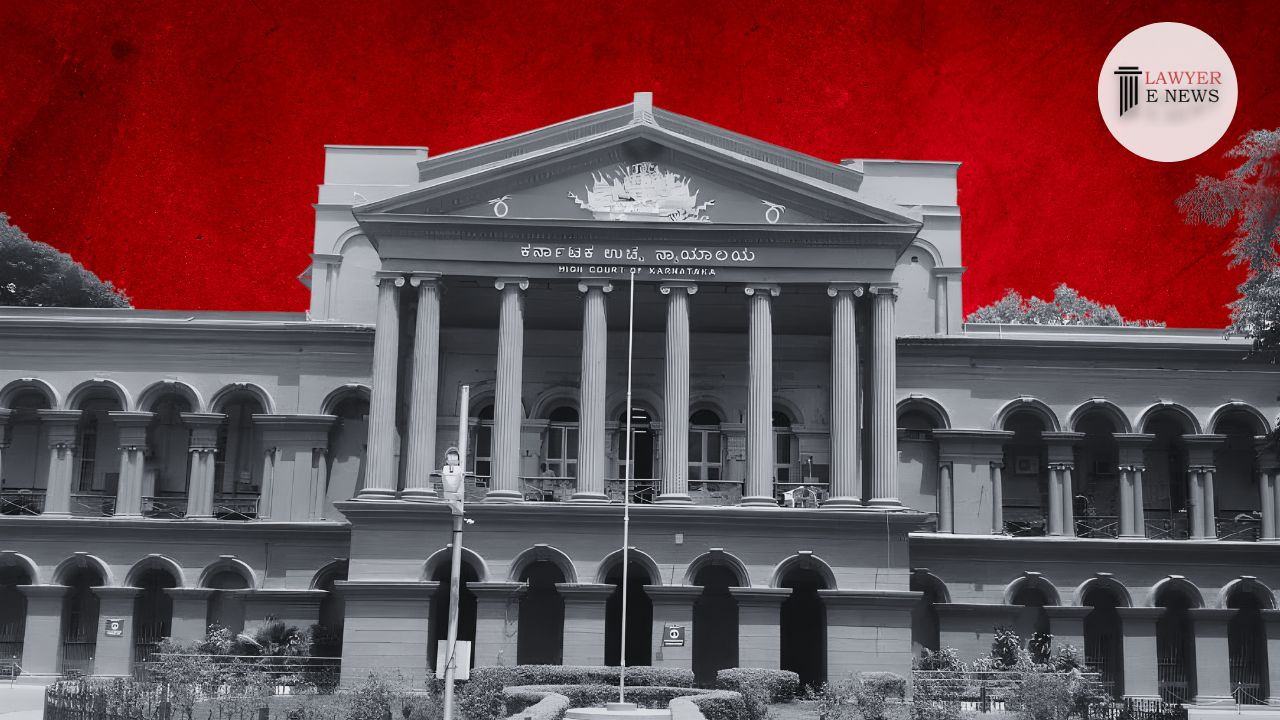-
by sayum
14 February 2026 2:22 PM



In a significant ruling that is set to impact the prosecution of public servants, the High Court has issued a landmark judgment emphasizing the importance of Section 17A of the Prevention of Corruption Act, 1988. The court’s verdict, delivered on [Date of Decision], establishes a critical precedent by making prior approval from the competent authority mandatory for any inquiry or investigation into offenses alleged to have been committed by public servants.
Honorable Court underlined the objective behind Section 17A, stating, “The object of the Section was to protect public servants from malicious, vexatious or baseless prosecution. Therefore, if an inquiry into alleged administrative or official acts done by public servants, involving dishonesty or impropriety, is to be pursued, the approval of the competent authority is imperative.”
The judgment addressed the rising trend of private complaints filed under Section 200 of the Criminal Procedure Code (Cr.P.C.) against public servants for offenses under the Prevention of Corruption Act, 1988. The Court expressed concerns over the potential misuse of such complaints to bypass the protective measures afforded by Section 17A.
In light of this, the Court set out clear conditions to be met for entertaining private complaints against public servants. These conditions include demonstrating attempts to register the complaint with the Karnataka Lokayukta and obtaining prior approval from the competent authority before referring the matter for investigation under Section 156(3) Cr.P.C.
The Court emphasized the need for strict compliance with these protective measures, stating, “Once the matter is referred for investigation, the Police / Lokayukta would have no choice but to register a crime. Therefore, such approval being appended to the private complaint is sine qua non for maintainability of the complaint.”
The ruling directed learned Sessions Judges and concerned courts to scrutinize complaints thoroughly to ensure compliance with the specified conditions. The aim is to uphold the integrity of the law, safeguard innocent public servants, and discourage frivolous and vexatious complaints.
High Court cautioned that failure to adhere to the prescribed conditions would lead to the quashing of proceedings against the accused. This ruling is expected to provide a robust shield against vexatious prosecutions while ensuring a fair and transparent process in investigating legitimate cases of corruption involving public servants.
Date of Decision: 04/07/2023
DR.ASHOK V vs THE STATE BY HON’BLE LOKAYUKTHA
